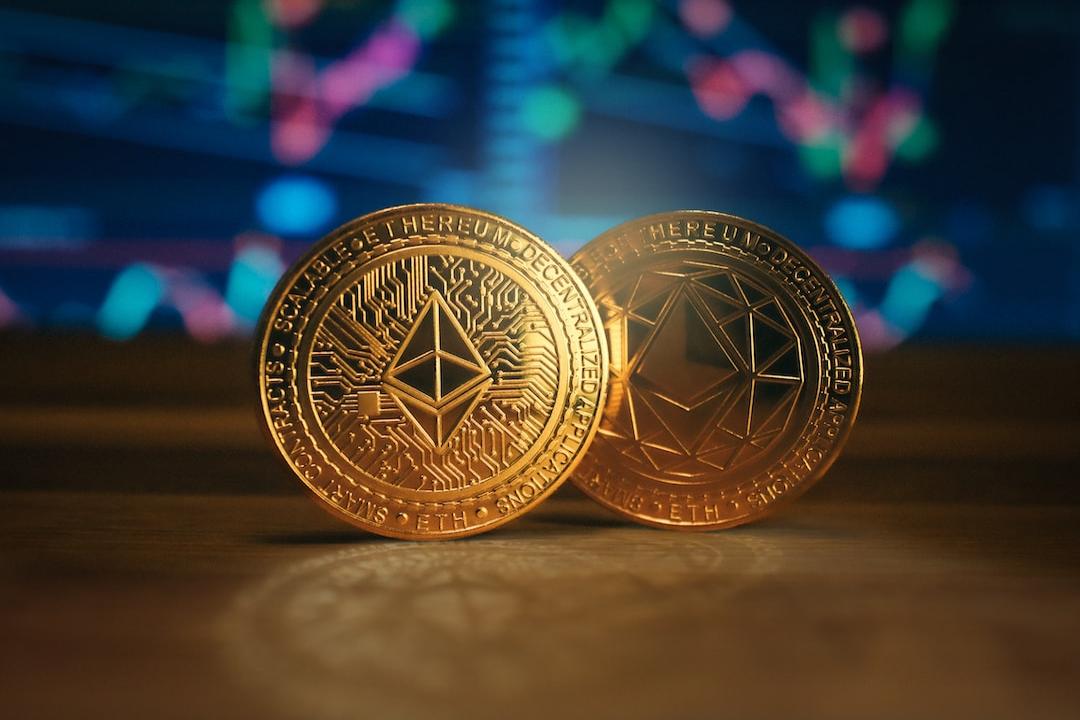As Cristiano Ronaldo deals with a $1 billion lawsuit over his promotion of Binance NFTs, we delve into the world of sports personalities and their engagement with NFTs.
The realm of non-fungible tokens (NFTs) has evolved significantly since the creation of Quantum in 2014. Initially tied to virtual currencies, NFTs now encompass a wide array of assets inspired by real-life elements such as movies, toys, and games.
Sports have proven to be a prominent arena for NFTs, particularly as collectibles and memorabilia. The introduction of sports NFTs gained momentum in early 2021 when NFL legend Rob Gronkowski released a collection of Super Bowl Cards.
The year 2023 witnessed several significant sports NFT releases, underscoring the growing popularity of fantasy sports NFT platforms. A report by METAV.RS’s NFT market 2021-2023 revealed that 35% of e-sports enthusiasts expressed interest in collecting NFTs for enjoyment or potential financial gains, with an additional 20% showing significant enthusiasm.
Despite the allure of sports NFTs, they have faced criticism from regulators and industry giants. The Football Supporters Association criticized the English Premier League for its collaboration with Sorare, citing concerns about the proliferation of crypto partnerships in the game.
This article will explore the surge of NFTs in sports and their impact on personalities and entities within the industry.
Sports NFTs represent unique digital assets created on a blockchain, showcasing various elements within the sports industry like player cards, team memorabilia, and iconic sports moments. These assets are available on NFT marketplaces such as OpenSea.
Professionals in the sports industry, whose careers typically span five to seven years, have increasingly turned to NFTs to auction highlights of their careers, merchandise, and earn royalties.
For fans, owning an NFT sports collectible signifies possessing a piece of history. The emotional connection evoked by these items is particularly strong among dedicated fans, reminiscing about iconic sports moments like LeBron James’ block in the 2016 NBA Finals.
Fan tokens, digital assets that grant fans a tokenized share of influence over club decisions, have gained prominence. They enable fans to engage with their favorite teams by participating in decisions like choosing the team’s shirt design or stadium music.
Sorare, a card trading marketplace and NFT fantasy sports league, has seen significant success since its launch in 2019. The platform ranks among the top NFT collections in terms of sales volume, with partnerships with major sports leagues like the English Premier League.
Notable sports personalities like Tom Brady, Lionel Messi, and Serena Williams have embraced NFTs, launching collections that have garnered significant attention. However, their involvement has not been without criticism, with concerns raised about fraudulent advertising practices.
The rise of NFTs in sports has left a lasting impact, attracting traders and enthusiasts alike. Despite the controversies and challenges facing the industry, the potential for further growth and innovation in the realm of sports NFTs remains vast.
As regulatory scrutiny intensifies, sports personalities and entities may approach NFTs with caution to avoid legal repercussions that could jeopardize their reputations and partnerships. The future of NFTs in sports remains uncertain, with ongoing debates about regulation and accountability shaping the landscape.

